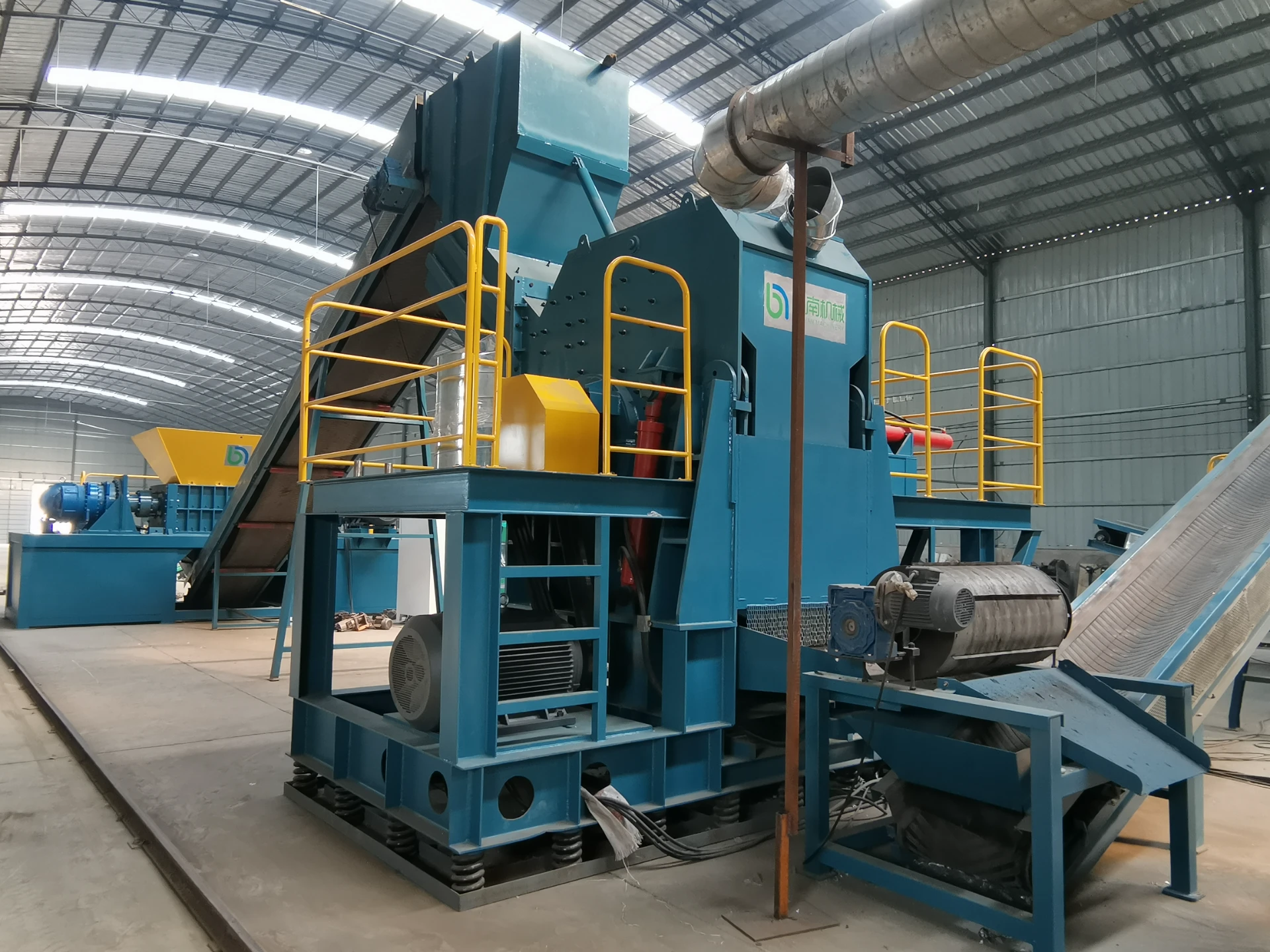

nóv . 22, 2024 21:10 Back to list
How Do You Dispose of a TV?
Disposing of an old television can be a challenging process, especially as technology continues to advance and render older models obsolete. Whether you've recently upgraded to the latest flat-screen or simply want to declutter your living space, it’s important to dispose of your TV responsibly. Here’s a comprehensive guide on how to do so.
Understanding the Importance of Proper Disposal
Firstly, it’s vital to understand why proper disposal of TVs is necessary. Older televisions, particularly CRT (cathode ray tube) models, contain hazardous materials like lead, mercury, and other toxic substances. Disposing of these devices in landfills can lead to environmental contamination and pose risks to public health. Therefore, it's crucial to follow safe disposal methods.
Assess the Condition of Your TV
Before you proceed with disposal, evaluate the condition of your TV. If it’s still functioning, consider options for reuse or donation. Many charitable organizations and shelters often accept working electronics, which can help bridge the digital divide for those who may not have access to such technology. Check with local nonprofits to see if they have programs that accept TV donations.
Repurposing the Television
If the TV is not functioning but has some salvageable parts, consider repurposing it. Some crafty individuals have transformed old televisions into stunning furniture pieces, fish tanks, or even retro-themed decorations. This can be a fun DIY project and an excellent way to keep your TV from ending up in a landfill.
Recycling Options
If donation or repurposing is not feasible, recycling is the next best option. Many municipalities have electronic recycling programs that accept televisions. These programs often dismantle the electronics in an environmentally friendly manner, ensuring that materials are recycled properly. To find out if your local government has an e-waste recycling program, visit their official website or call their waste management department.

Some retailers that sell electronics also offer recycling programs. For instance, large chains like Best Buy offer drop-off options for old electronics, including TVs. They often ensure that the devices are recycled responsibly, and sometimes they may even provide you with a store credit for your trade-in.
Drop-off Events and Collection Centers
Stay informed about local e-waste collection events that occur in your community. Many cities hold scheduled drop-off days where residents can bring their old electronics, including TVs, for safe disposal. Check with local environmental agencies for upcoming events.
Moreover, there may be designated e-waste recycling centers in your area. These facilities specialize in the disposal of electronic items and ensure they are processed in compliance with environmental regulations. Research to locate the nearest center and confirm what items they accept.
Manufacturer Take-Back Programs
Some manufacturers have implemented take-back programs where they accept old TVs for recycling at their facilities. If you’re considering this option, check the manufacturer’s website for information on their specific policies and procedures. This can often be a convenient way to dispose of your device responsibly.
Safe Disposal of Cables and Accessories
While disposing of the TV itself is important, don’t forget about the cables and accessories that come with it. Many of these items can also be recycled. Check with your local recycling center about the proper disposal of HDMI cables, remote controls, and any other related components.
Conclusion
In conclusion, the disposal of an old television should be approached with care and consideration for the environment. By assessing the condition of your TV, considering options for reuse or donation, and utilizing recycling programs and collection events, you can ensure that your disposal efforts are responsible. Remember, proper disposal not only keeps our environment clean but also encourages a culture of sustainability and respect for the resources we use. Take the time to explore your options, and do your part in protecting our planet for future generations.
Latest news
Troubleshooting Common Eddy Separator Problems
NewsJul.04,2025
The Role of Metal Recycling Plants in Circular Economy
NewsJul.04,2025
The Impact of Recycling Line Pickers on Waste Management Costs
NewsJul.04,2025
Safety Features Every Metal Shredder Should Have
NewsJul.04,2025
How Industrial Shredders Improve Waste Management Systems
NewsJul.04,2025
How Cable Granulators Contribute to Sustainable Recycling
NewsJul.04,2025